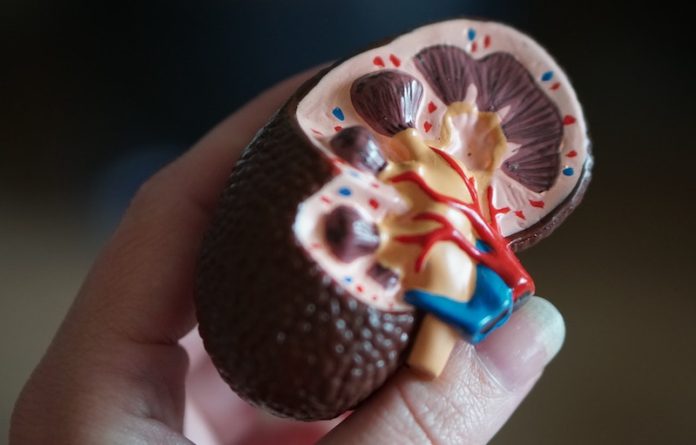
Kidneys play an important role in our bodies. They keep things in balance by getting rid of waste and extra fluids, which leave our bodies as urine.
To do these jobs, kidneys have many special types of cells that work together.
Dr. Matthias Kretzler and a big team of researchers from over twenty different places worked together on a major kidney study.
They created a kind of map, called a cellular atlas, that describes nearly 100 different types of cells in the kidney.
This is the most detailed study about the different types of cells, how they work together, and how they can show signs of disease in the kidney.
How They Made The Map
The researchers looked at more than 400,000 cells taken from kidney samples. These samples were given by people who donated their kidneys and patients with kidney diseases.
By comparing healthy kidney samples and samples from patients with kidney diseases, the researchers were able to identify 28 types of cells that changed in damaged kidneys.
They also found where in the kidney these changes happened.
A Closer Look
Then, they looked at these kidney cells under a powerful microscope, studying nearly 1.2 million areas in the kidney in 3D.
This showed how kidney cells interact with immune responses, our body’s defense system.
They found out which paths in the kidney are important when it comes to injuries or signs of kidney function getting worse. This information could be useful for coming up with new treatments.
Sharing the Findings
To make sure that other researchers can learn from their study, the team has made data-sharing and visualization tools. These are available for anyone to use at KPMP.org.
This work was carried out by the Kidney Precision Medicine Project (KPMP). They received money from the National Institute of Diabetes and Digestive and Kidney Diseases.
They worked closely with other organizations, such as the Nephrotic Syndrome Study Network (NEPTUNE), the Human Cell Altas, and the Human BioMolecular Atlas Program (HubMap).
NEPTUNE is part of a network for studying rare diseases that are funded by the National Institutes of Health.
If you care about kidney health, please read studies about how to protect your kidneys from diabetes, and drinking coffee could help reduce the risk of kidney injury.
For more information about kidney health, please see recent studies about foods that may prevent the recurrence of kidney stones, and eating nuts linked to a lower risk of chronic kidney disease and death.
The study was published in Nature.
Follow us on Twitter for more articles about this topic.
Copyright © 2023 Knowridge Science Report. All rights reserved.



